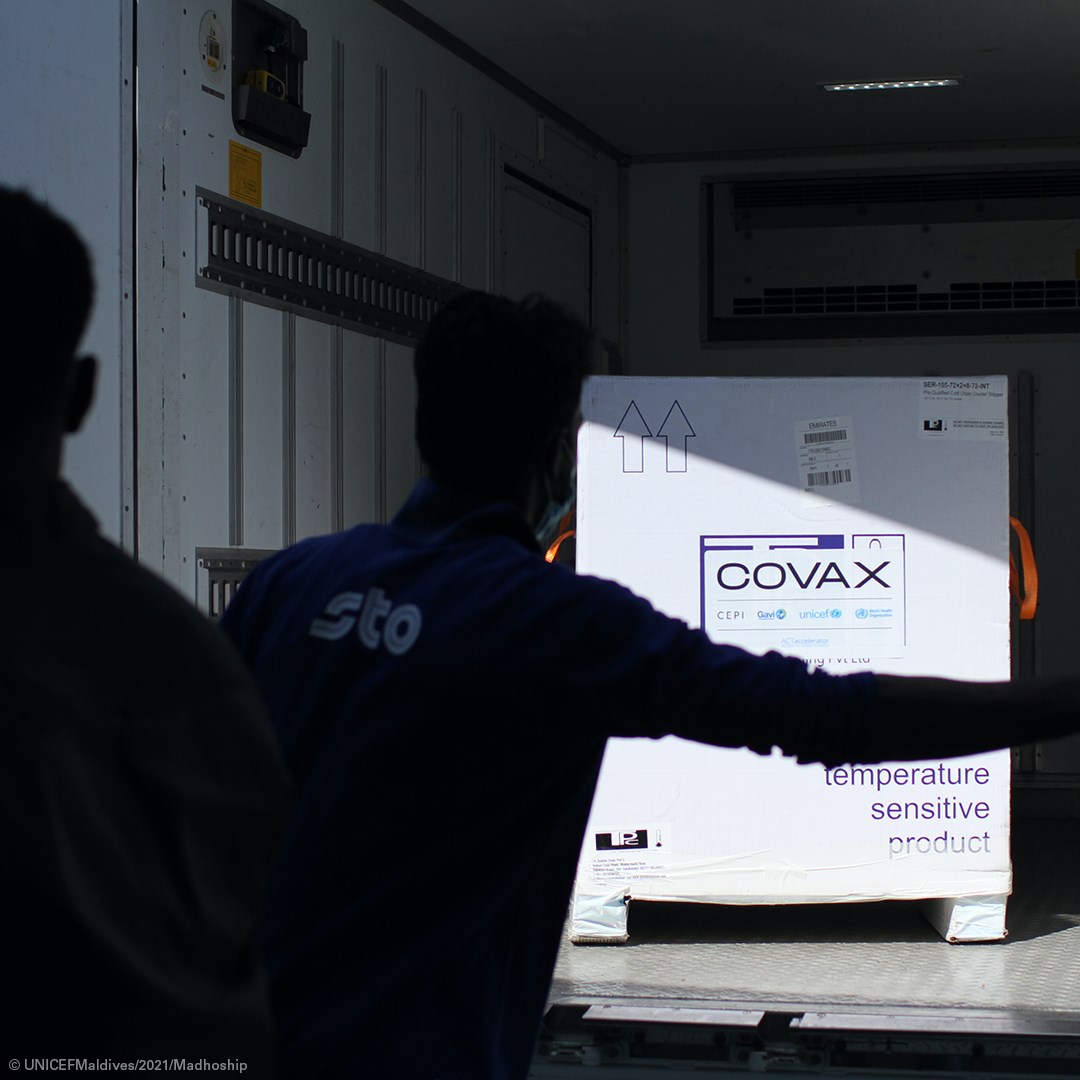KUALA LUMPUR, July 4 — The global COVAX vaccine-sharing programme has criticised vaccine discrimination by countries that permit entry to travellers inoculated only with certain Covid-19 vaccines.
The United Nations-backed programme urged all regional, national, and local governments to recognise the vaccination of people who received coronavirus shots deemed safe and effective by the World Health Organization (WHO).
“Any measure that only allows people protected by a subset of WHO-approved vaccines to benefit from the re-opening of travel into and with that region would effectively create a two-tier system, further widening the global vaccine divide and exacerbating the inequities we have already seen in the distribution of Covid-19 vaccines.
“It would negatively impact the growth of economies that are already suffering the most,” said COVAX, led by Gavi, the vaccine alliance, and the Coalition for Epidemic Preparedness Innovations (CEPI), in a statement last Thursday.
“Such moves are already undermining confidence in life-saving vaccines that have already been shown to be safe and effective, affecting uptake of vaccines and potentially putting billions of people at risk. At a time when the world is trying to resume trade, commerce and travel, this is counter-effective, both in spirit and outcome.”
COVAX’s statement came after news that the European Union’s (EU) Digital Covid Certificate — a vaccine “passport” which aims to facilitate free travel across the bloc’s 27 member nations, plus Switzerland, Iceland, Norway and Liechtenstein — did not recognise Covishield, the AstraZeneca vaccine manufactured by the Serum Institute of India, the world’s largest vaccine maker.
The EU Digital Covid Certificate only permits entry into the region for travellers who took one of the four Covid-19 vaccines cleared by the European Medicines Agency (EMA): Pfizer-BioNTech, AstraZeneca-Oxford (branded Vaxzevria in the EU and UK), Moderna, and Johnson & Johnson.
India’s Covishield version of AstraZeneca is widely used by COVAX for low- and middle-income countries. It was not and did not need to be approved by the EMA — which has only authorised the Vaxzevria version of AstraZeneca produced in the EU and United Kingdom — because the EU is not receiving doses from India’s manufacturing site.
Malaysian travellers to the EU may face similar travel restrictions, as the EMA told CodeBlue that it did not approve the AstraZeneca versions used in Malaysia that were manufactured in South Korea under COVAX, Thailand under Malaysia’s direct procurement order, and Japan for the Japanese government’s contribution of a million doses. Malaysia also rolls out the Sinovac vaccine that has not been approved by the EMA.
The European Commission confirmed with CodeBlue that individual EU countries will ultimately decide on whether to permit entry to travellers inoculated with Covid-19 vaccines not approved by EU’s drug regulator, as the EU’s executive body is not obliging member nations to issue an EU Digital Covid Certificate for shots unauthorised across EU or at the national level.
WHO has approved for emergency use the AstraZeneca vaccine produced by South Korea and Covishield, besides the version manufactured in the EU, as well as the Pfizer, Moderna, Johnson & Johnson, and Chinese vaccines Sinopharm and Sinovac.
Vaccine Minister Khairy Jamaluddin said yesterday that he would ask for an explanation from the EU on the recognition of AstraZeneca vaccines used in Malaysia, highlighting also Saudi Arabia that only recognises Western-made vaccines.








